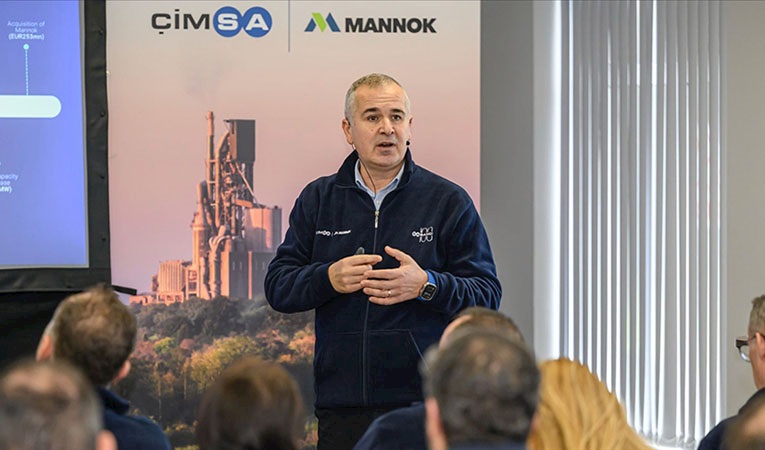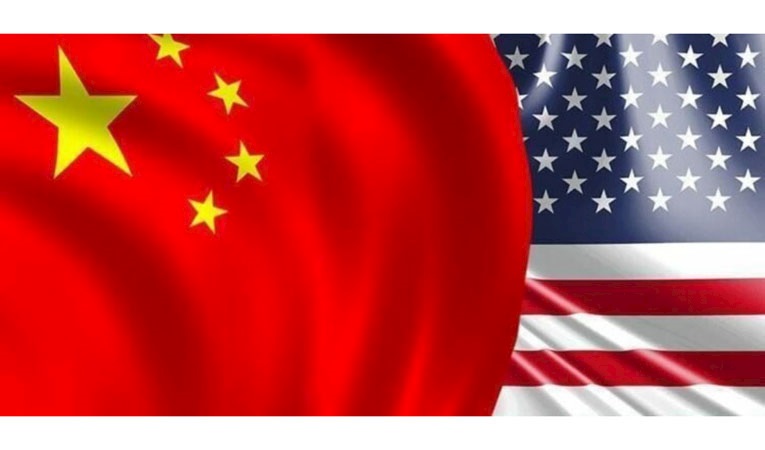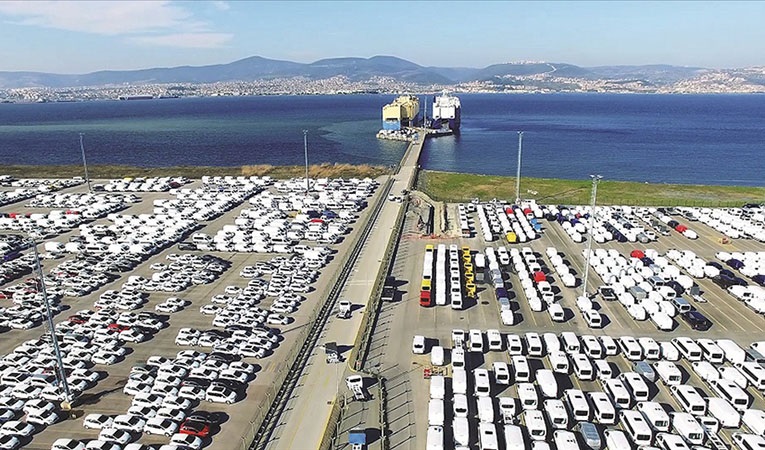
-
BIST 100
 10510,74%0,03En Düşük10481,45En Yüksek10543,98
10510,74%0,03En Düşük10481,45En Yüksek10543,98 -
DOLAR
 36,53%0,15Alış36,5301Satış36,5352En Yüksek36,5580
36,53%0,15Alış36,5301Satış36,5352En Yüksek36,5580 -
EURO
 39,52%-0,13Alış39,5169Satış39,5199En Yüksek39,7435
39,52%-0,13Alış39,5169Satış39,5199En Yüksek39,7435 -
EUR/USD
 1,08%-0,17Alış1,0817Satış1,0818En Yüksek1,0873
1,08%-0,17Alış1,0817Satış1,0818En Yüksek1,0873 -
ALTIN
 3410,58%-0,15Alış3410,34Satış3410,82En Yüksek3426,19
3410,58%-0,15Alış3410,34Satış3410,82En Yüksek3426,19
-
BIST 100
 10510,74%0,03En Düşük10481,45En Yüksek10543,98
10510,74%0,03En Düşük10481,45En Yüksek10543,98 -
DOLAR
 36,53%0,15Alış36,5301Satış36,5352En Yüksek36,5580
36,53%0,15Alış36,5301Satış36,5352En Yüksek36,5580 -
EURO
 39,52%-0,13Alış39,5169Satış39,5199En Yüksek39,7435
39,52%-0,13Alış39,5169Satış39,5199En Yüksek39,7435 -
EUR/USD
 1,08%-0,17Alış1,0817Satış1,0818En Yüksek1,0873
1,08%-0,17Alış1,0817Satış1,0818En Yüksek1,0873 -
ALTIN
 3410,58%-0,15Alış3410,34Satış3410,82En Yüksek3426,19
3410,58%-0,15Alış3410,34Satış3410,82En Yüksek3426,19
- Anasayfa
- Haberler
- Tüm Haberler
- In Terms Of New Investment We Are Open To Everything
In Terms Of New Investment We Are Open To Everything
Akın Holding is one of the leading groups in the Turkish textiles sector. It has an annual turnover of $500 million and employs 300 people. It is active in five different sectors. In recent years i...
Akın Holding is one of the leading groups in the Turkish textiles sector. It has an annual turnover of $500 million and employs 300 people. It is active in five different sectors. In recent years it expanded into areas such as finance and energy but it did not achieve the results it expected,. Board Chairman Nuri Akın says: “We own land. We can use it to build housing, shopping centers, outlets and hotels. If we see a good business opportunity, regardless of whether or not it is in textiles, then we shall look into it. We are open to everything.”
It is three months since the quotas were lifted. Some categories and some companies have already begun to feel the impact. Textiles and clothing have entered a difficult period and this is the reason why there is talk of a lot of company closures. Akın Holding Board Chairman Nuri Akın does not agree. He says that this has yet to start in textiles. If producers can successfully adjust then the process may never begin. Nuri Akın thinks that certain measures need to be taken in order to survive in textiles. He lists these measures as establishing brands, moving to countries where energy and labor costs are low and producing added value products.
Akın Holding Board Chairman Nuri Akın evaluated the companies, growth plans and textile sector for Capital.
How many companies are there in Akın Holding? How many people are employed? What is the holding’s turnover?
In 2004 our group had a turnover of approximately $500 million. We have nearly 3,000 employees. We have divided our businesses into four main groups. The first of these is the textile group. Akın Tekstil and Edip İplik are in this group.
What kind of growth strategy will you follow?
At the moment the Akın Tekstil’s next 10-15 years are assured. In addition, it will grow in its own field. Of course, we must follow all the innovations. We must strengthen considerably research and development and in fact this is what we are doing.
In textiles it is possible to grow in two ways. You can grow in areas where you are expert. Or you can concentrate on one area and grow horizontally; you can grow by increasing production. I believe that the high labor and energy costs in Turkey mean that it will not be able to compete with other countries in horizontal growth. For this reason we need to move more towards specialized production. We are also trying to do this.
Is it possible that you will enter another field apart from textiles?
We have experience of, and are expert, in the production of semi-finished goods such yarn, cloth and material. In clothing we just make trousers. One needs to go somewhere else in order to produce semi-finished goods. In Turkey we can go to areas where there are incentives. But after a time these places will lose their competitiveness and Turkey will need to go countries which produce cotton and where labor and energy are cheap. We are looking at this.
Which countries are these?
Central Asia is very attractive for business. It is possible to go to Uzbekistan, Turkmenistan, Kyrgyzstan and even Kazakhstan.
Is it necessary to go to these countries and start an investment from scratch?
Starting from scratch is more productive. This is one of the things that we are thinking about. If you want to stay in textiles for the long-term this is what you need to do and I think that this trend will accelerate over the next 10-15 years. At the moment, there are both those who are having problems in textiles and want to leave the sector and those who are making major investments in textiles.
EBRU FIRAT
[email protected]
Türkiye ve dünya ekonomisine yön veren gelişmeleri yorulmadan takip edebilmek için her yeni güne haber bültenimiz “Sabah Kahvesi” ile başlamak ister misiniz?



.jpg)


.jpg)